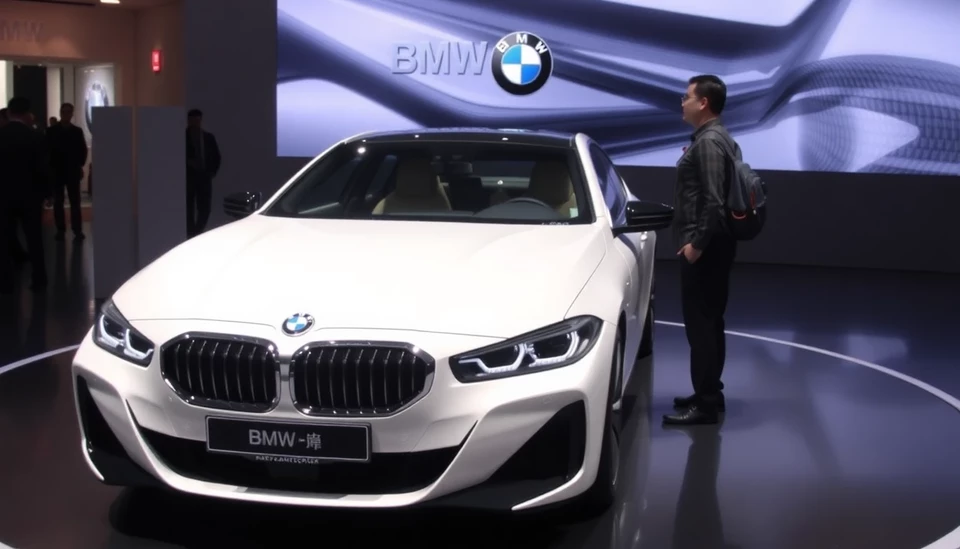
In a striking development within the global automotive market, BMW has reported a staggering 30% decline in its sales in China for the month of September. This sharp downturn presents a serious challenge for the luxury car manufacturer, as the Asian giant constitutes one of its most crucial markets. This news not only reflects the shifting dynamics within the automotive industry but also raises questions about BMW’s strategic positioning in the face of increasing competition and economic challenges.
Despite the company’s efforts to boost its presence in the region, the latest sales figures signal a decline from the previous year, further intensifying the scrutiny on BMW's operational decisions. The reported figures have accentuated concerns regarding the brand's competitiveness in a market that is increasingly leaning toward electric vehicles and local manufacturers.
Experts attribute this downturn to several factors, including a broader economic slowdown in China, fierce competition from domestic automakers, and evolving consumer preferences towards electric vehicles. The Chinese consumer market has been gravitating towards brands that offer not only luxury but also sustainability and innovation. Consequently, BMW finds itself in a precarious situation, grappling to maintain its foothold amidst these turbulent market conditions.
This significant drop in sales is a part of a larger trend affecting German automakers, who are all facing scrutiny as they attempt to navigate through a rapidly changing automotive landscape. While brands such as Tesla and local competitors like BYD are aggressively capturing market share, BMW is under pressure to enhance their electric vehicle lineup and adapt to the changing tastes of consumers.
The luxury automotive segment, historically dominated by European brands, is increasingly being challenged by homegrown manufacturers that are not just matching but, in some cases, exceeding the international names in terms of technology and pricing. This evolving competitive environment necessitates a strategic reevaluation for BMW if it hopes to reverse its sales fortunes in this key market.
Furthermore, analysts have voiced the need for urgency in BMW’s response. They suggest that in addition to ramping up efforts in electric mobility, the company must also enhance its marketing strategies to resonate with the younger demographic, who are becoming the driving force in automotive purchasing decisions. Lack of adaptation in marketing could potentially alienate a customer base that is becoming increasingly eco-conscious and technology-savvy.
The automotive industry growth, especially in China, has been rocky recently, influenced by policy changes and evolving customer expectations. As competitors ramp up their innovations in electric vehicles, BMW must not only catch up but also find ways to leverage its storied brand and rich heritage in luxury performance. The next steps taken by BMW will be closely watched by the industry and could set the tone for the luxury sector's future in China.
#BMWSales #ChinaMarket #LuxuryAutomotive #ElectricVehicles #GermanCarmaker #MarketTrends #ConsumerPreferences #AutomotiveIndustry
Author: Victoria Adams




